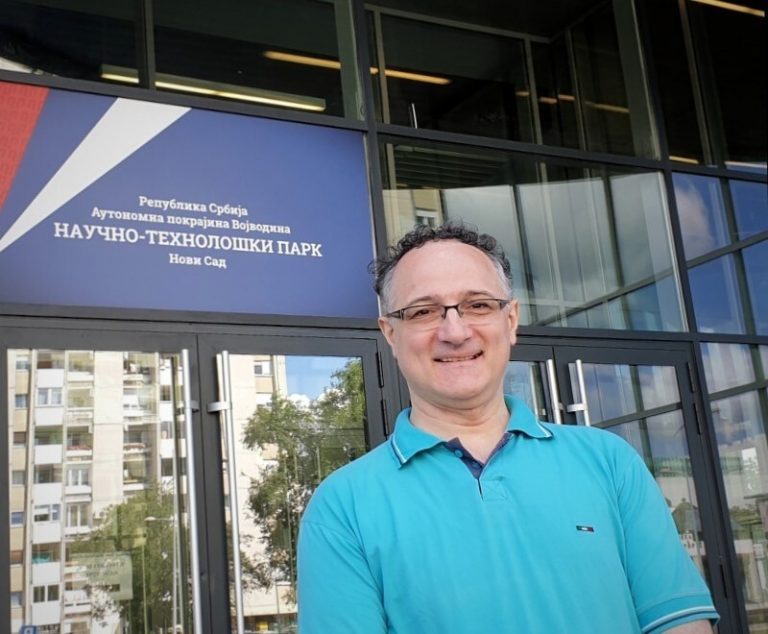Interview with the WBC-RRI.NET coordinator - Goran Stojanovic, University of Novi Sad
WBC-RRI.NET started in 2021 to promote the concept of Responsible Research and Innovation in the Western Balkans. The project is coordinated by the University of Novi Sad, Prof. Goran Stojanovic. We asked him about the use of RRI, its impact and the next steps in the project.

POLICY ANSWERS: Where do you see the biggest benefits of spreading the concept of "Responsible Research and Innovation" or RRI in the Western Balkans?
POLICY ANSWERS: How do the University of Novi Sad and your research team implement the different RRI keys?
Goran Stojanovic: The University of Novi Sad is a leader in many modern disciplines and it is valid also in the domain of RRI. There are several examples: UNS was a coordinator of BE-OPEN Erasmus+ project whose task was to develop open repositories in all state universities in the Republic of Serbia. UNS developed an ambitious Gender Equality Plan (GEP) which is publicly available. Professors from UNS initiated the establishment of the Serbian Association for Women in Science, etc.
My research team tries through our everyday research and innovation activities to act as responsible researchers, responsible according to our society, our colleagues, the environment, etc. Bearing in mind that our expertise is in the field of development of sensors and unconventional electronics and their application in biomedicine, it is worth mentioning some of our results, such as protective face masks with embroidered sensors which can monitor respiration rate, face masks heaters, edible sensors which can measure our bite force or can monitor various biomarkers from our oral cavity to the gut, a smart baby blanket, and many more. In mentioned innovations, we implement the highest ethical principles, upload our published paper in UNS open repository, involve volunteers (citizens) in the testing phase, etc.
POLICY ANSWERS: These are indeed results with high relevance to the various RRI keys worth spreading further in the region. What are the highlights from the WBC-RRI.NET project so far and what can still be expected in the next years?
Goran Stojanovic: The most important outcomes of the WBC-RRI.NET project in the previous period are, for example, the development of a set of mapping tools, the development of an evaluation scheme, the mapping of the R&I/S3-related RRI ecosystems in the WBs, the creation of three working groups and the development of an action plan and roadmap for their activities and the creation of a working paper on future scenarios for all regional beneficiaries.
In the second half of the WBC-RRI.NET project we can expect new exciting results, to mention some of them: an active gender equality podcast, setting institutional standards for ethics issues in research, the development of policy briefs in public engagement and science education, the creation of a map of existing institutional open science repositories in the WBs, the creation of a list of existing open science and open access legislative in WB region, the organization of a high-level round-table on the status of open science and open access in the region, etc.
- Albania
- Bosnia and Herzegovina
- Montenegro
- Republic of North Macedonia
- Serbia
- Western Balkans
- Agricultural Sciences
- Cross-thematic/Interdisciplinary
- Engineering and Technology
- General
- Humanities
- Medical and Health Sciences
- Natural Sciences
- Social Sciences
Entry created by Elke Dall on May 30, 2022
Modified on January 18, 2024

